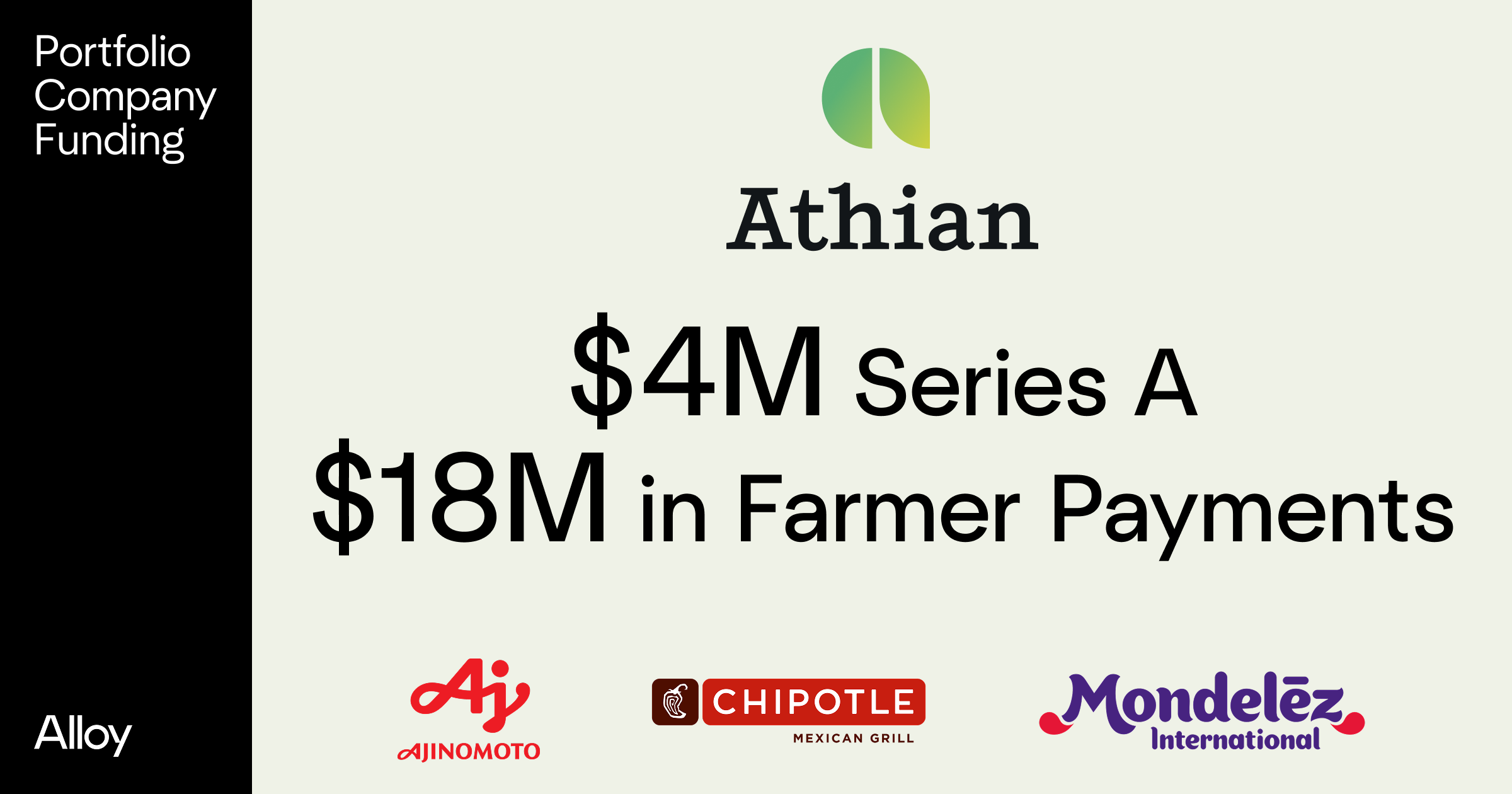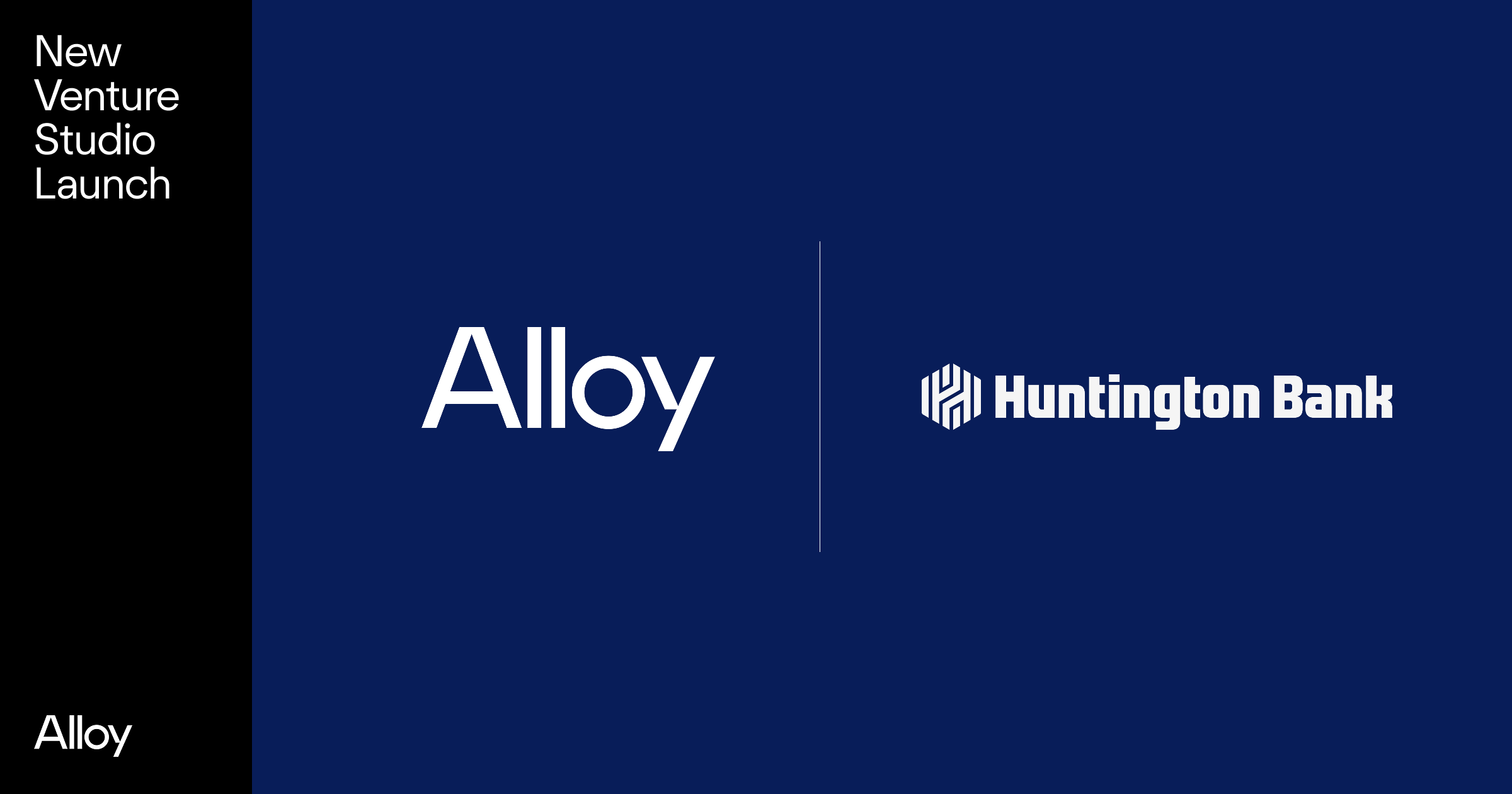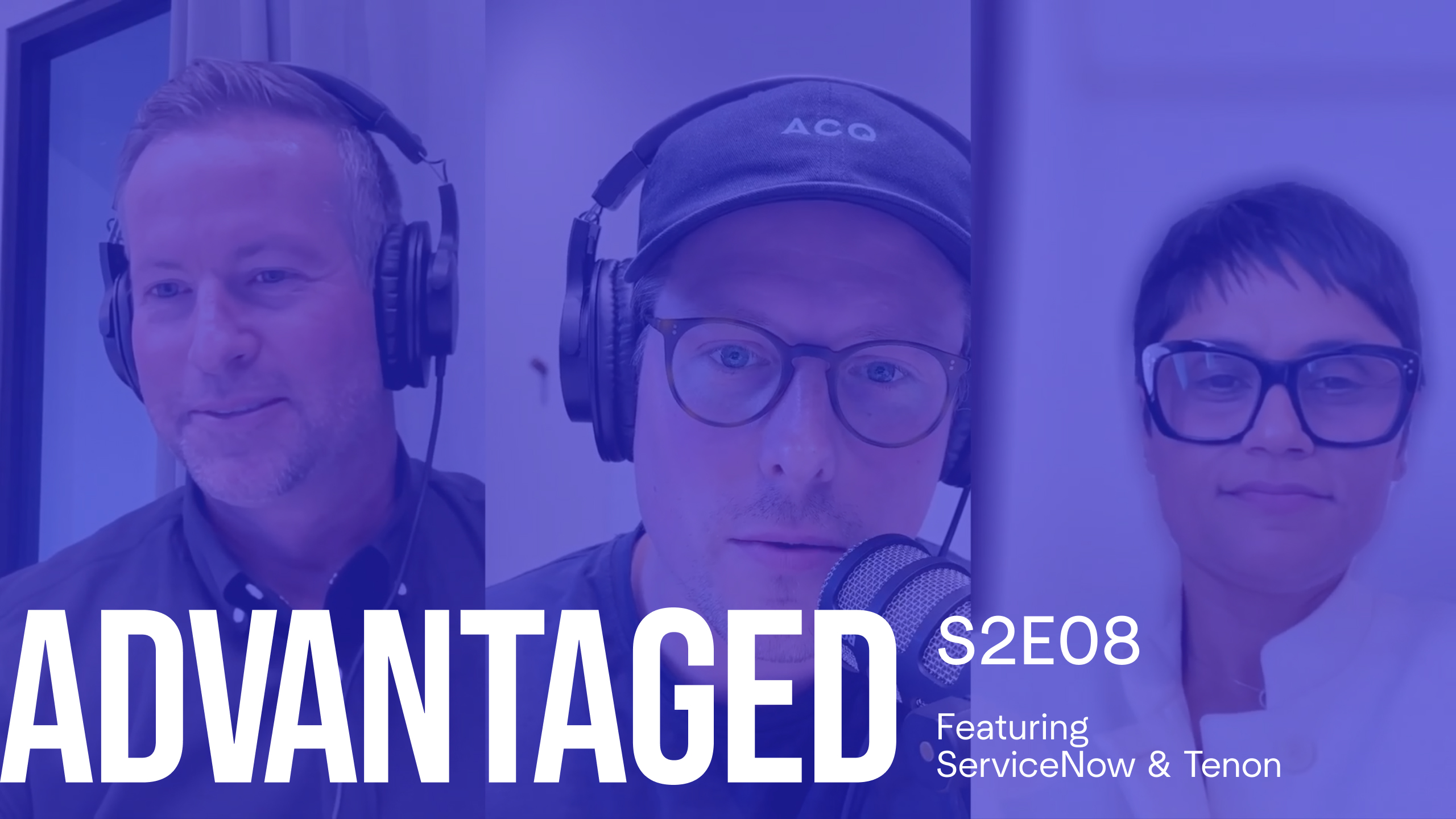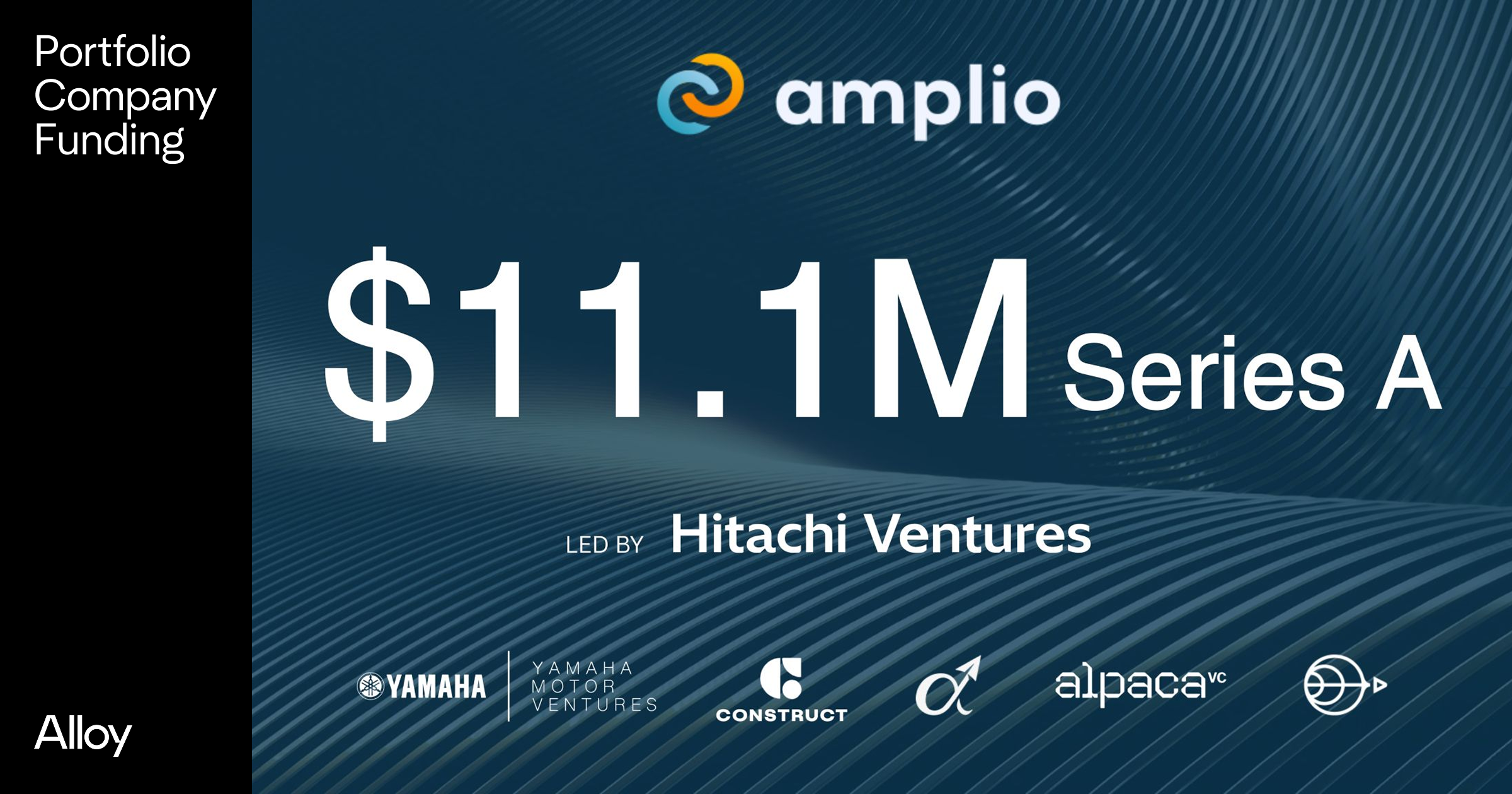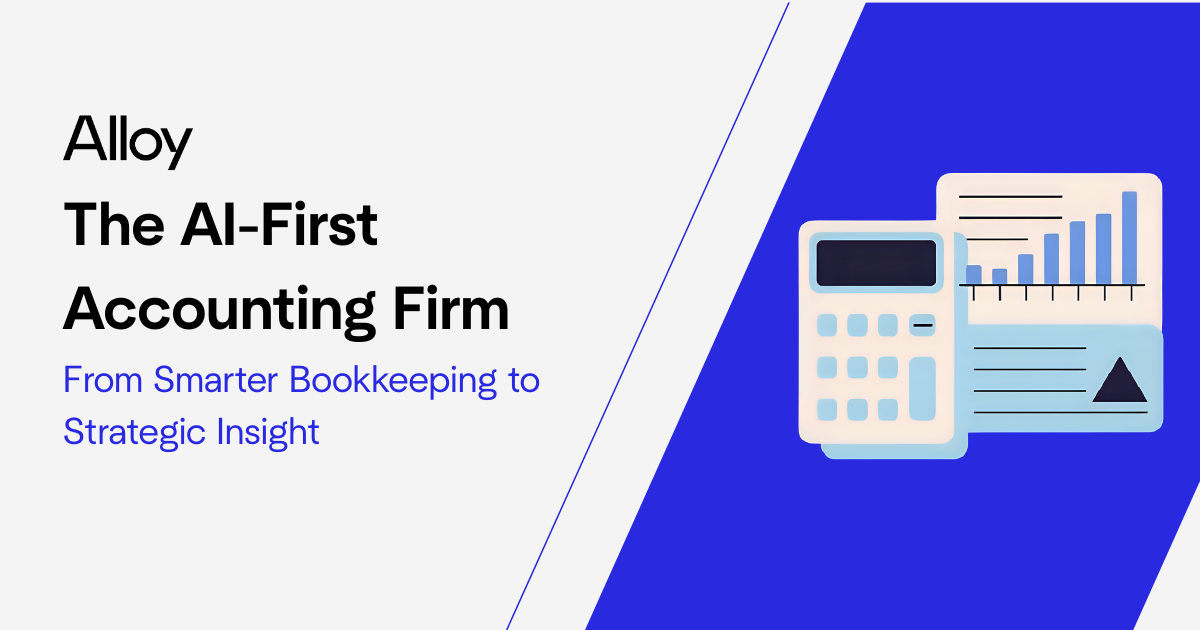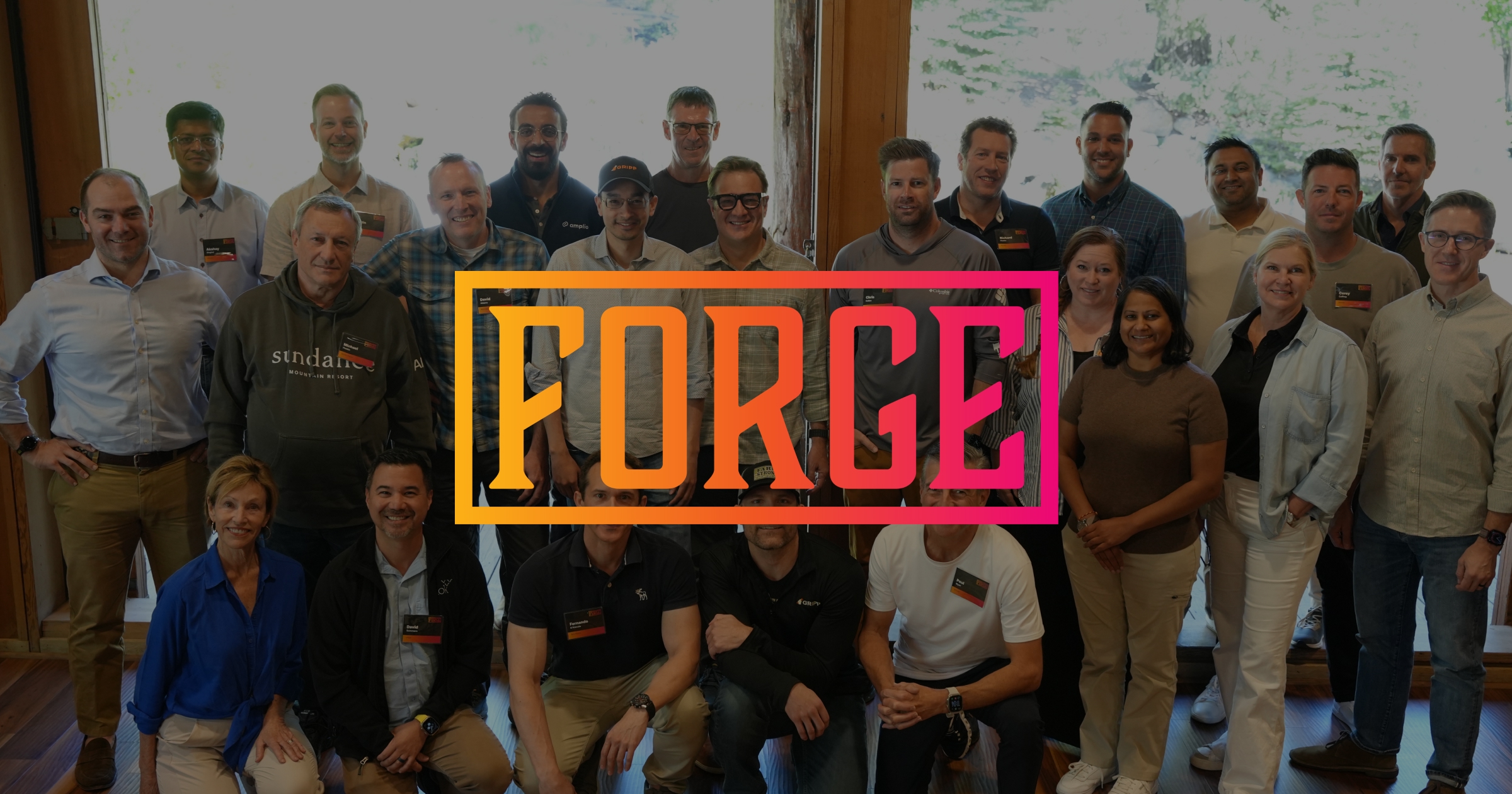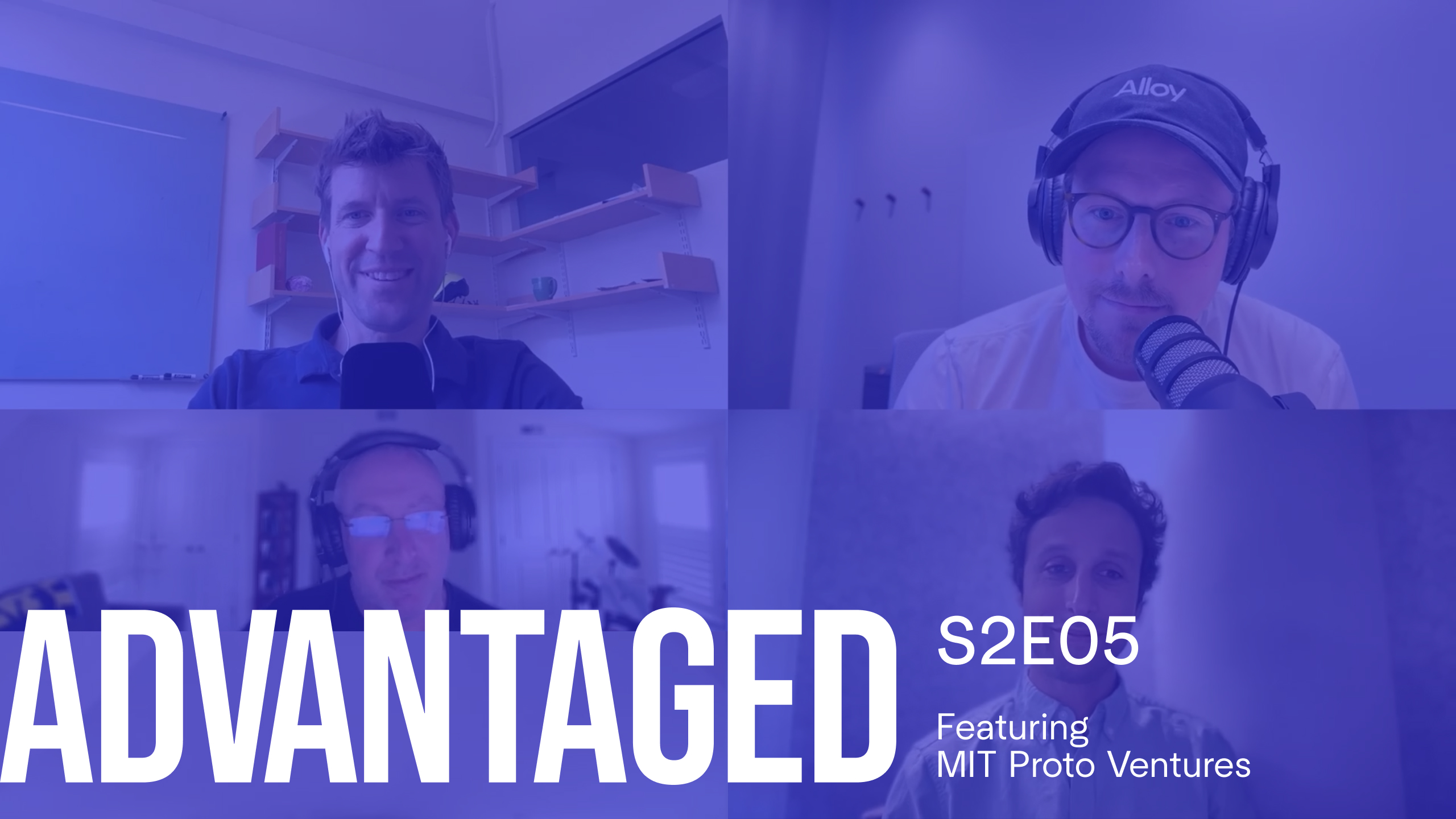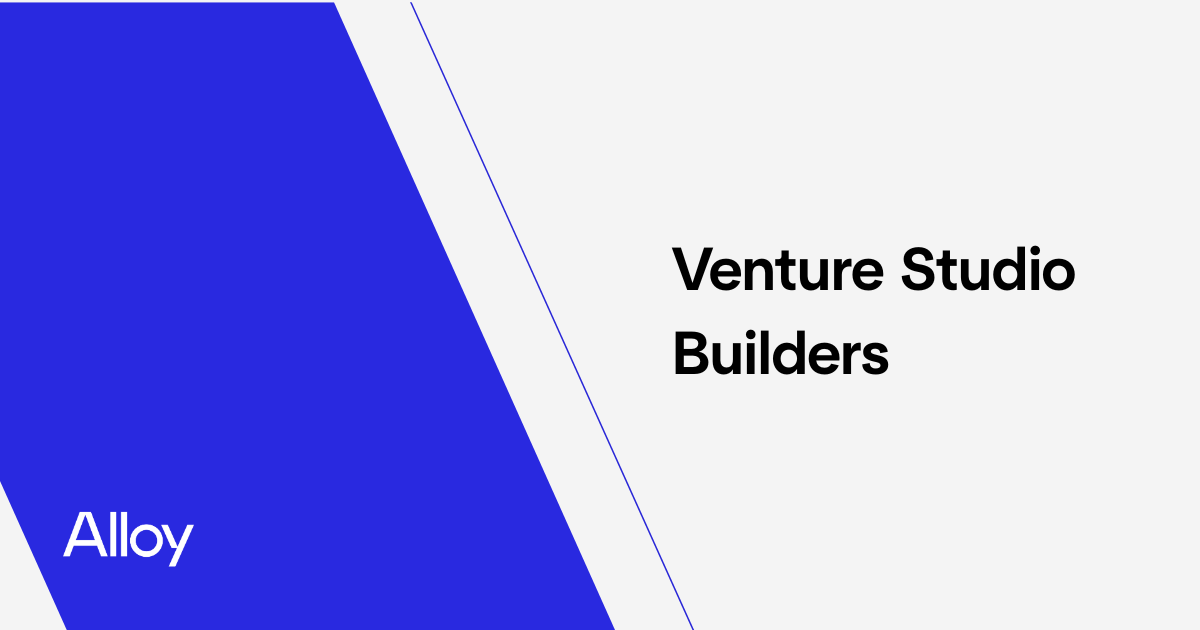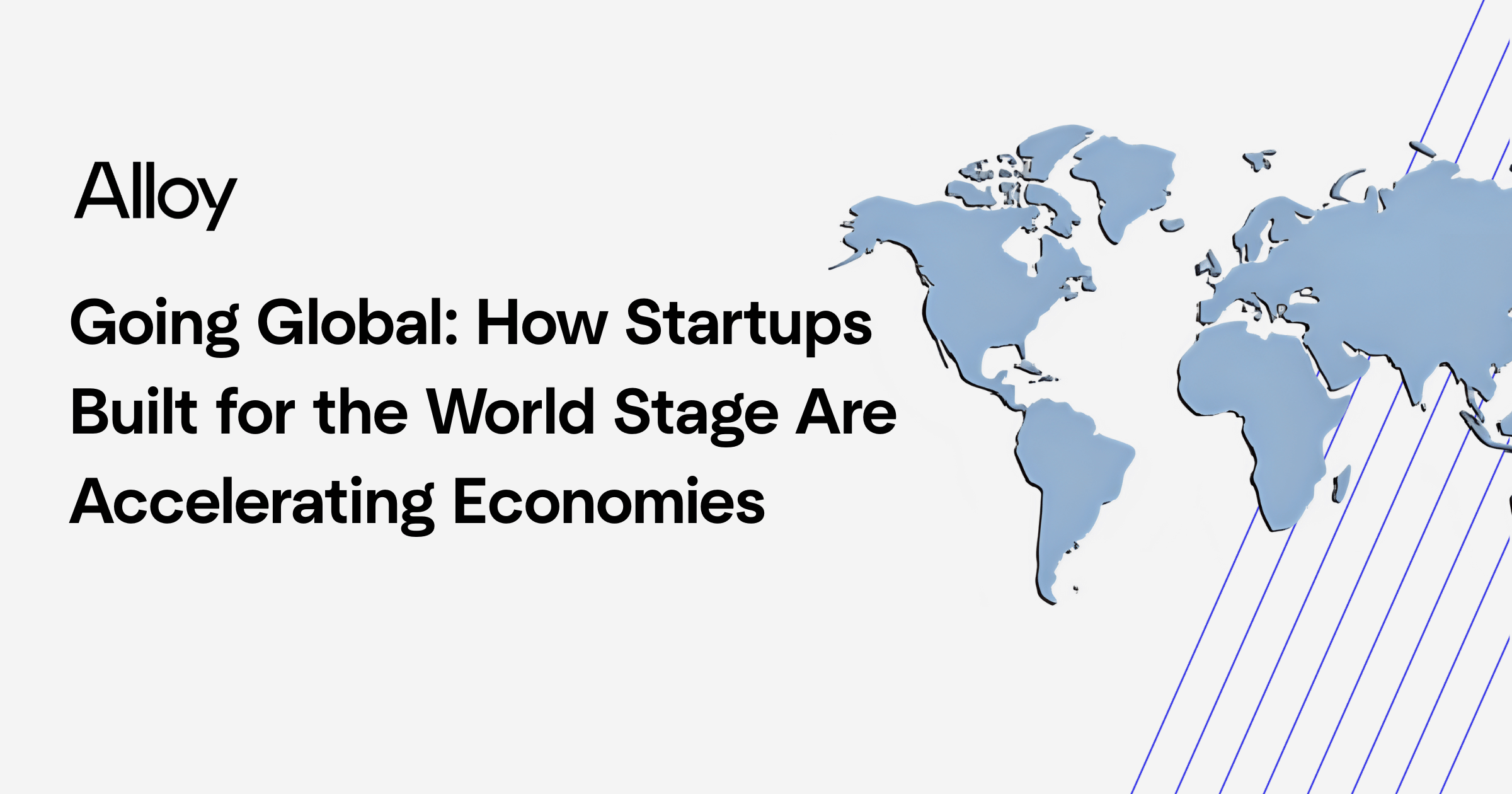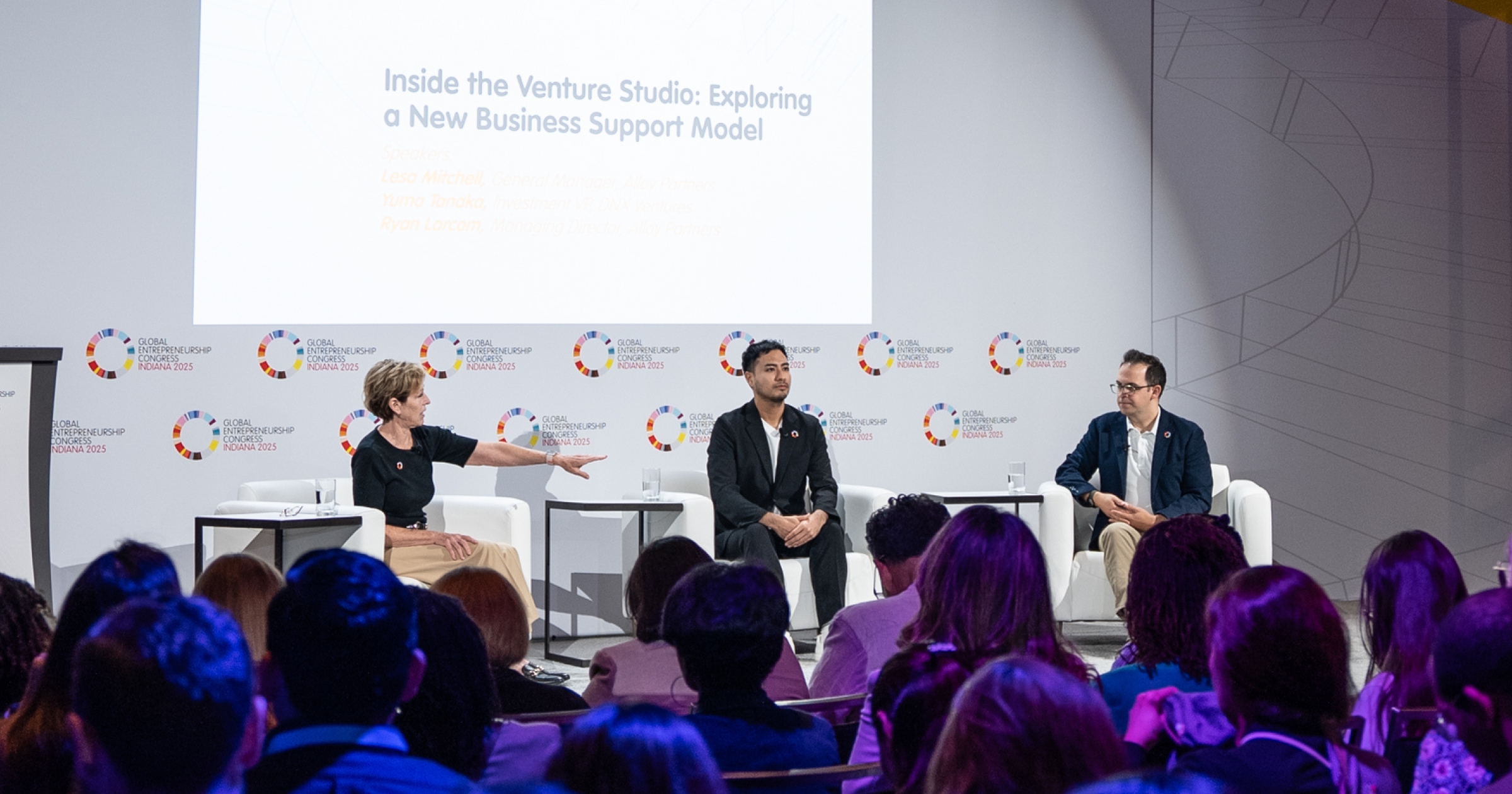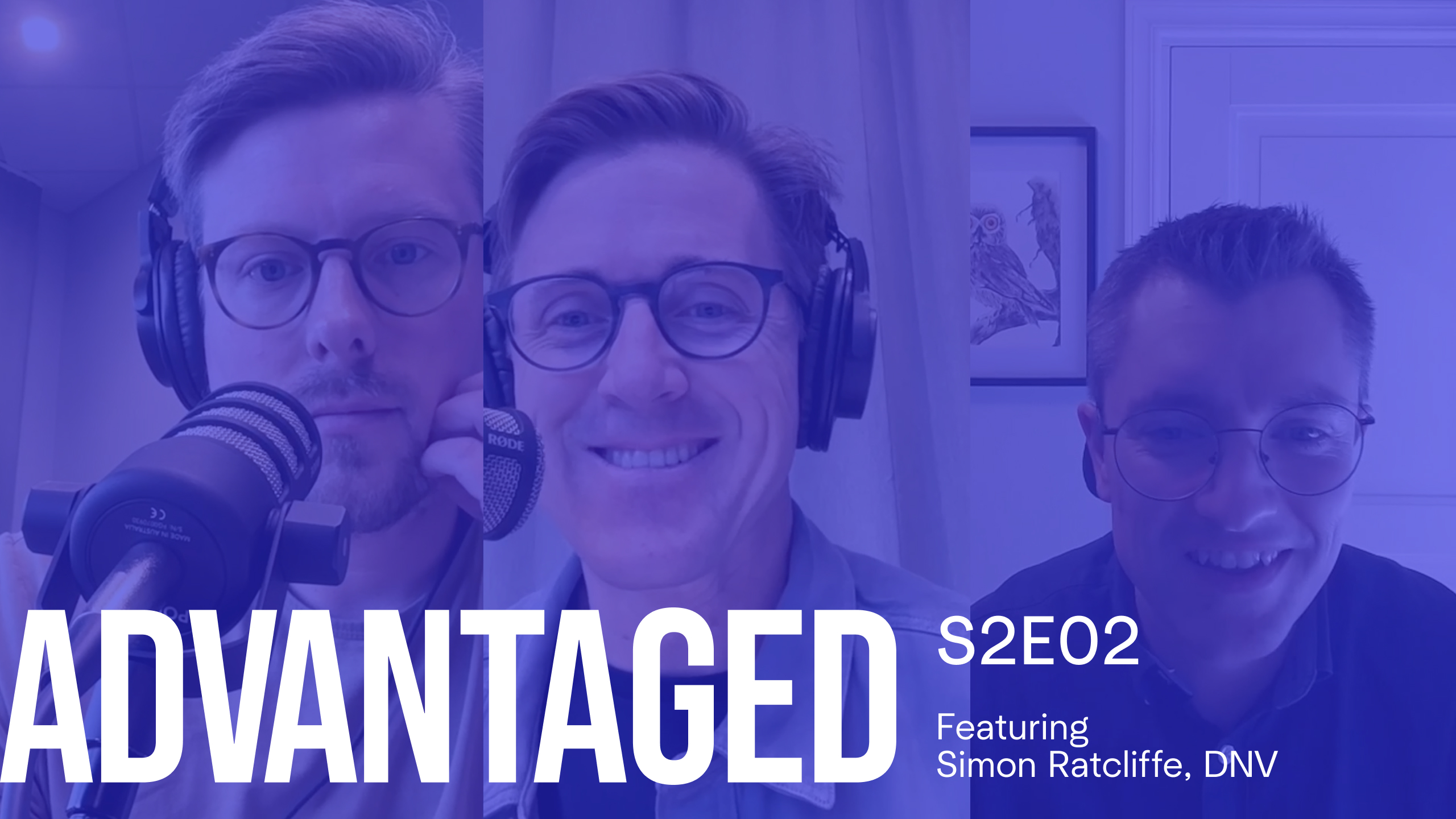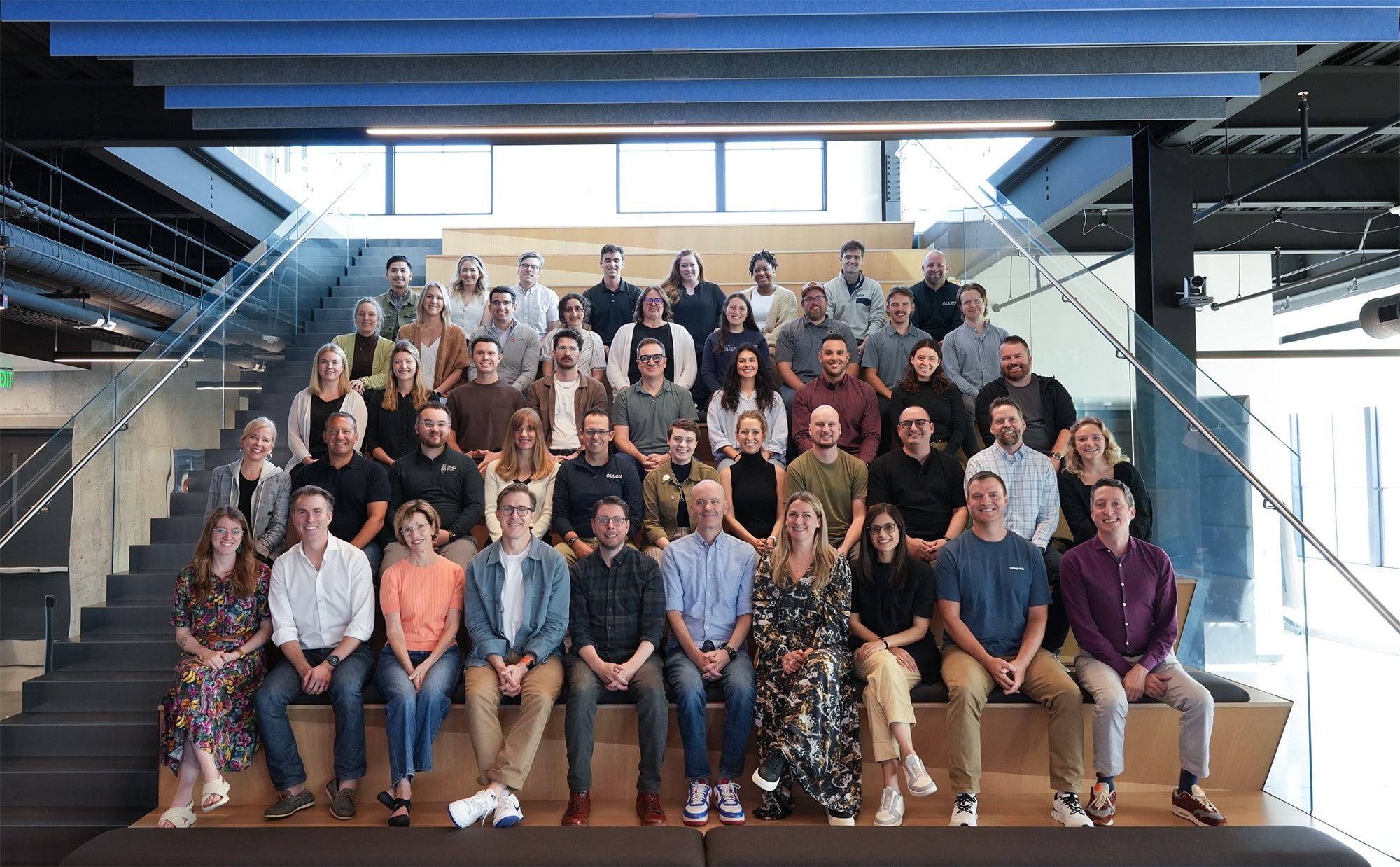Venture studios and venture capital (VC) firms both play transformative roles in the startup ecosystem, but they differ sharply in their approach to company creation, support, and investment. Alloy Partners is a venture studio builder, venture studio operator, venture builder, and venture capitalist, so we have unique experience in these models and how we would differentiate between them. Get in touch with our team to learn more.
Key Differences Between Venture Studios and Venture Capital
Venture studios are deeply involved in the creation and ongoing operations of startups, often acting as co-founders rather than just financial backers. They systematically generate ideas, recruit teams, and provide hands-on operational support—from product development to marketing and recruiting. Venture studios typically take a larger equity share (20-60%) compared to VC firms (10-30%), reflecting their greater involvement and contribution to the company's foundation and growth.
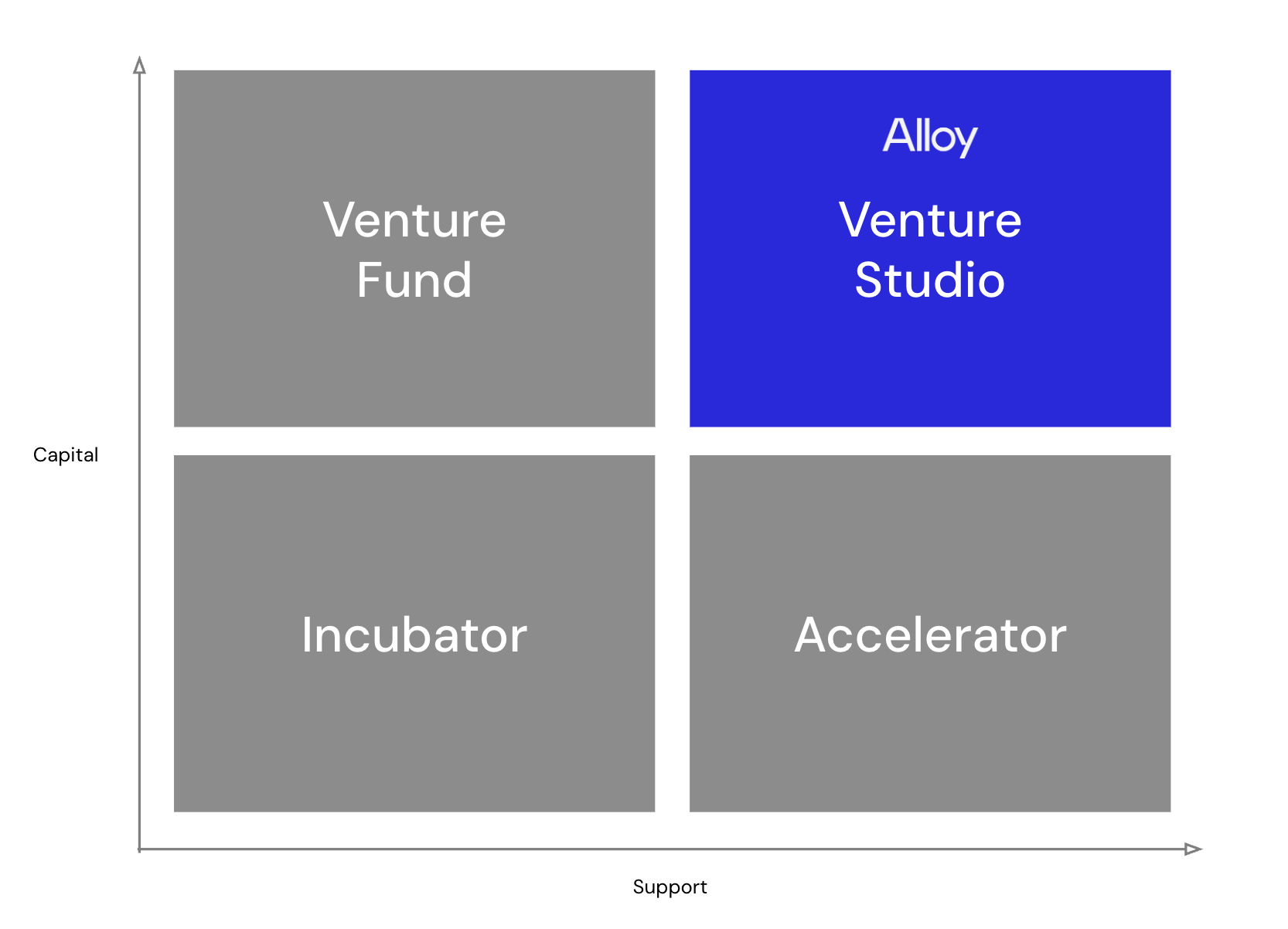
In contrast, VC firms mostly offer financial backing, entering at later stages when a startup has a team and validated concept. VCs provide capital, strategic guidance, and access to networks, but they seldom engage in the day-to-day building or early ideation of the company.
Venture studios have proven to deliver faster milestone achievement and higher average returns. Studio-backed ventures achieve an average IRR of 53%, whereas traditional VC startups average 21.3% (GSSN 2022 Startup Studio Data Report).
What Is a Venture Studio?
A venture studio is designed for efficient venture creation. Studios like Alloy begin by identifying market problems, then build companies from the ground up with hands-on support, dedicated capital, and talent. This proactive, problem-first approach makes venture studios unique. Rather than waiting for founders and ideas, they initiate ventures and guide them end-to-end. Read more in our venture studio 101 article.
Alloy’s team helped invent this model while at High Alpha and continues to innovate in the space having launched seven venture studios in partnership with corporations and universities. We believe the future of venture studios lies in “studio of studios” platforms like Alloy, which unlock greater scale, efficiency, and sector-specific innovation through deep corporate collaboration and shared resources.
How Venture Funds Support Startups
Conversely, venture funds provide capital to startups after founders identify an opportunity and launch their business. While funds vary greatly in the support they offer their portfolio, it is still mostly rooted in strategic guidance, introductions, board-level governance and support. Their involvement is largely reactive, supporting companies that are already in motion. Traditional venture funds do not co-create or operate new ventures; instead, they invest and wait for results.
Incubators vs. Accelerators Explained
Incubators and accelerators also play a role in the early-stage startup ecosystem. They equip startup founders with workspaces, mentoring, and access to networks. Both models offer support, but typically only after a founder comes forward with an idea. Accelerators often focus on rapid growth for companies in a short, structured timeframe. Incubators offer light resources and community, albeit with less direct funding. Like venture funds, these models are reactive and hands-off compared to studios.
Venture Studios vs Other Models: Key Differences
The biggest distinction is proactivity. Venture studios initiate opportunities, hire founders, and invest both money and time from the outset. By contrast, funds, accelerators, and incubators respond to external startups seeking help, rather than generating ideas internally. This problem-first, full-cycle involvement drives higher efficiency and more targeted innovation.
We believe the future of venture studios lies in “studio of studios” platforms like Alloy, which unlock greater scale, efficiency, and sector-specific innovation through deep corporate collaboration and shared resources.
What Is Corporate Venture Capital (CVC)?
How do these models play out in the corporate context? Corporations have created and partnered in all of these approaches, from a corporate venture studio to corporate venture capital (CVC) arms. CVC has become the most widely-adopted model of startup engagement for large corporates.
CVC is a model where large companies invest in startups, usually aiming to complement their strategic goals. Unlike traditional venture funds, CVC units seek startups that offer technology or market access relevant to the corporate parent. CVC is distinct from studios and reactive models, but it may partner with all four: supporting accelerators, investing via funds, or even collaborating with venture studios to create aligned new ventures. CVC offers capital and market access, but typically does not build startups from scratch.
Top Venture Studios
The top venture studios by number of companies launched and portfolio value include High Alpha, Idealab, Atomic, Pioneer Square Labs, Science, Inc., and Hexa (formerly eFounders).
Some of the top corporate venture studios by number of companies launched and the success of those companies include Alloy’s Huntington Studio, Alphabet’s X/Moonshot Factory, P&G Ventures, ENGIE Factory, MIT Proto Ventures, and Alloy’s 1842 Studio. For a closer look at these innovators and their distinct approaches to building startups, visit our article: Best Corporate Venture Studio Examples.

How Alloy Partners Fits In
Alloy Partners exemplifies the venture studio model, partnering with corporations and entrepreneurs to systematically conceive, launch, invest in, and scale new startups. Alloy doesn't just provide funding. It helps define venture strategies, co-creates advantaged startups, and builds permanent capabilities for partners to launch repeated ventures.
Their client list includes notable corporations like Koch Industries, Capital One, and Elanco, among others, reflecting a cross-sectoral influence in healthcare, finance, energy, and more. Alloy Partners combines the scale and market resources of large incumbents with the speed and entrepreneurial drive typically found in startups. This blend enables its partners to tackle ambitious problems through structured collaboration, rapidly launching and iterating startups that benefit from both corporate assets and startup agility.
As of 2025, Alloy Partners has built a portfolio of over 35 companies and seven venture studios, delivering proven results in areas like carbon marketplaces, supply chain recovery, and AI-powered tools. Its integrated approach means Alloy is as much a partner in building businesses as it is a provider of funding—a critical distinction from traditional VC.
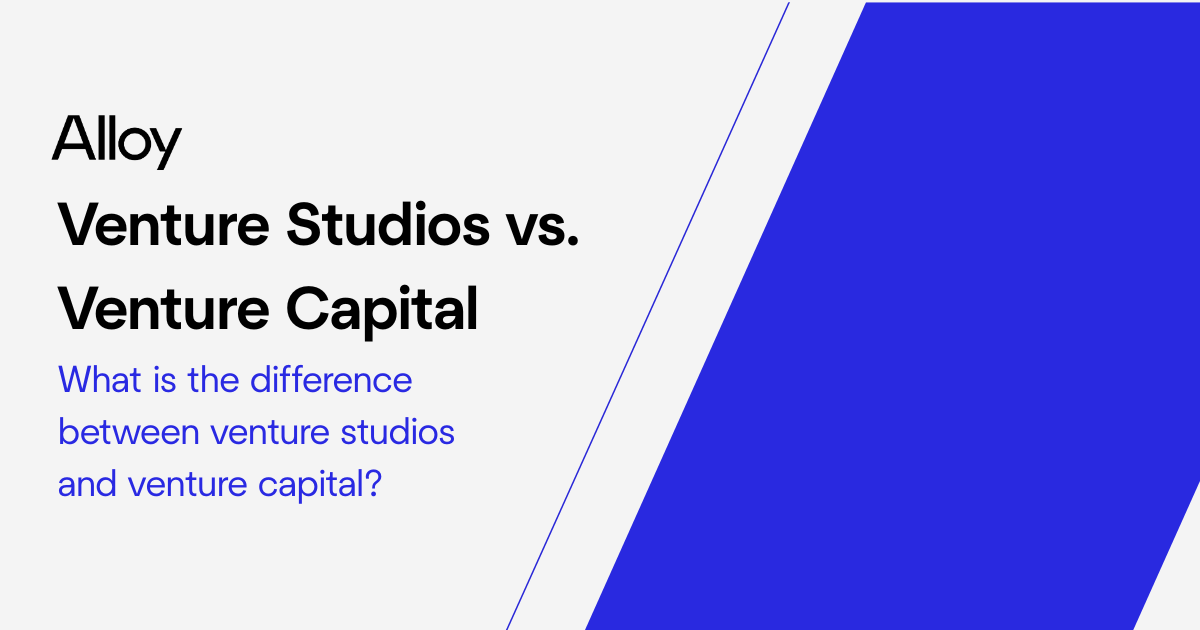







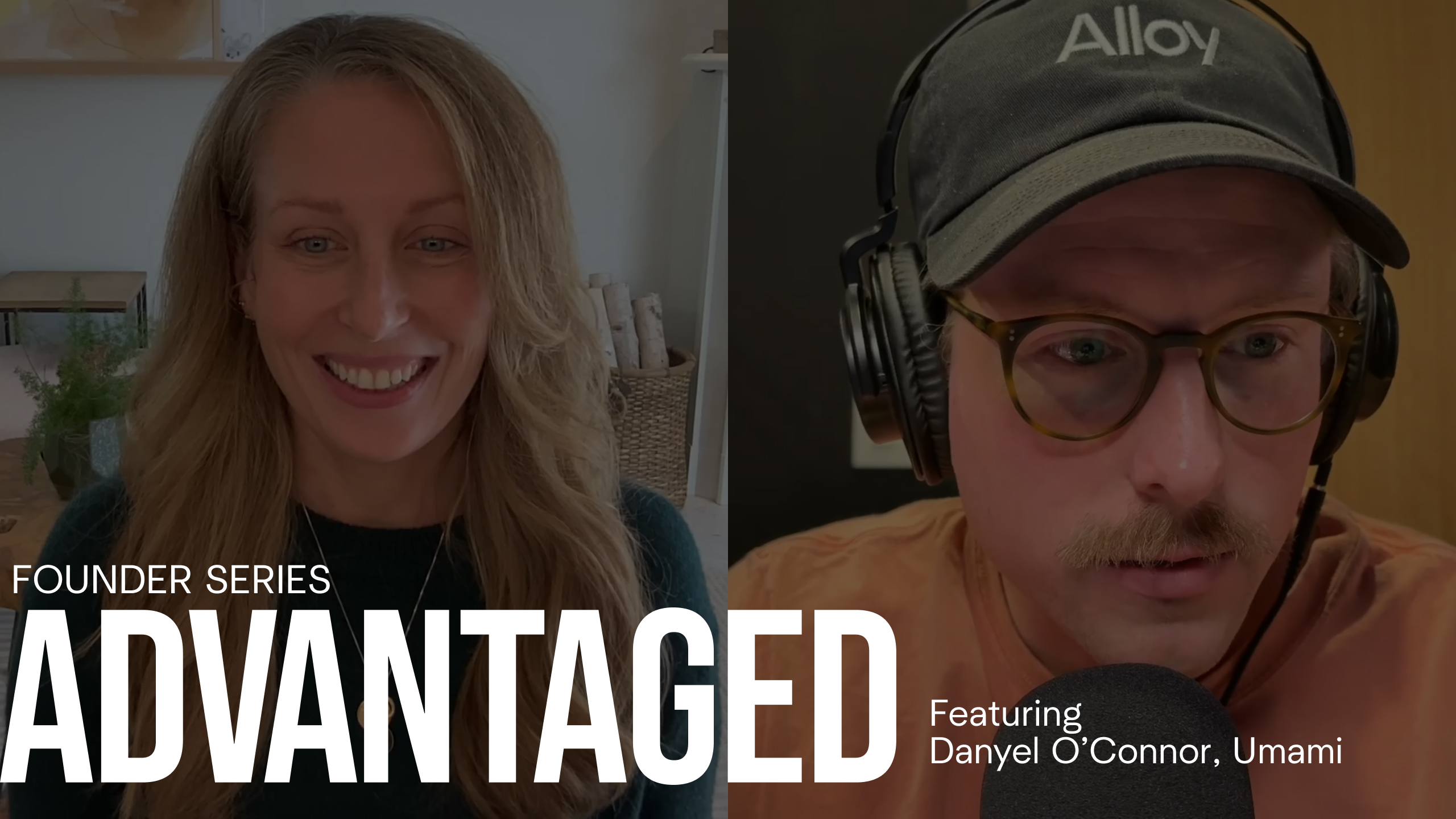

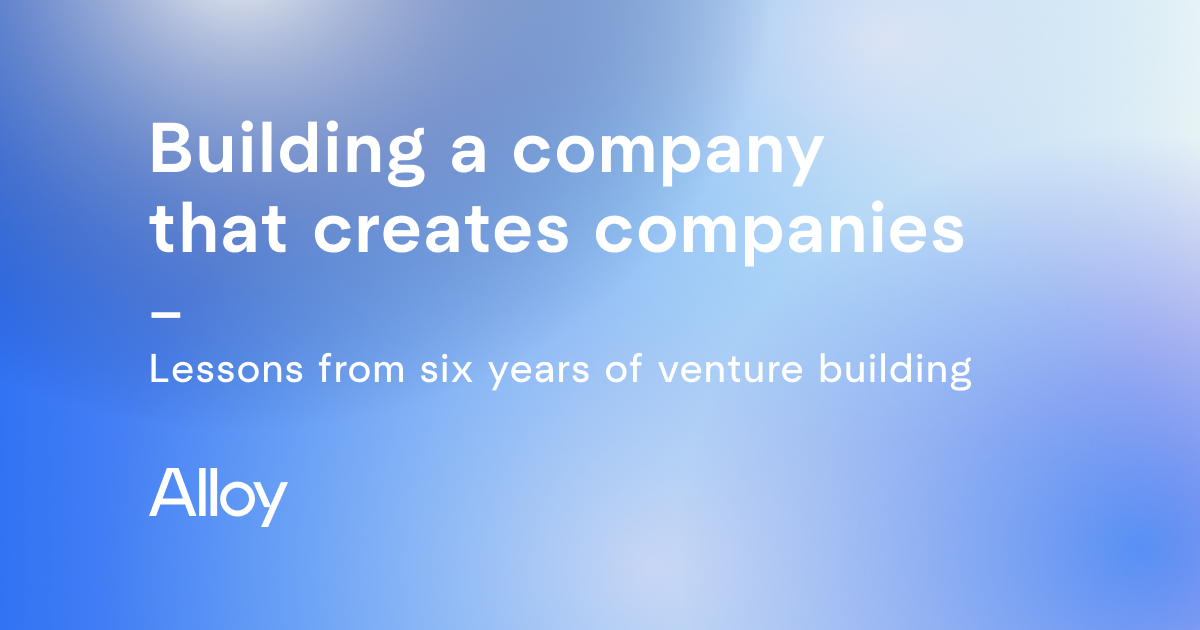
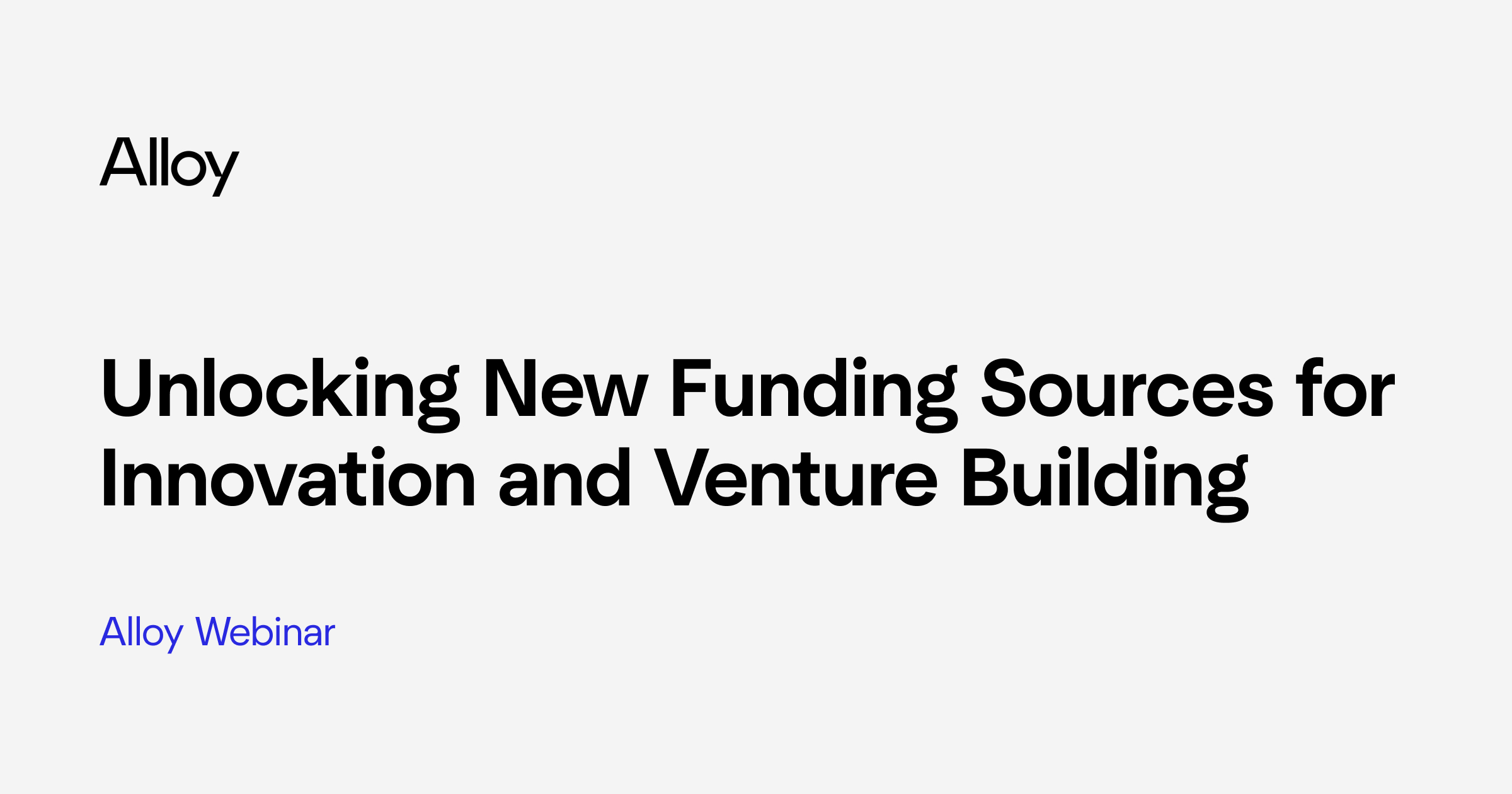

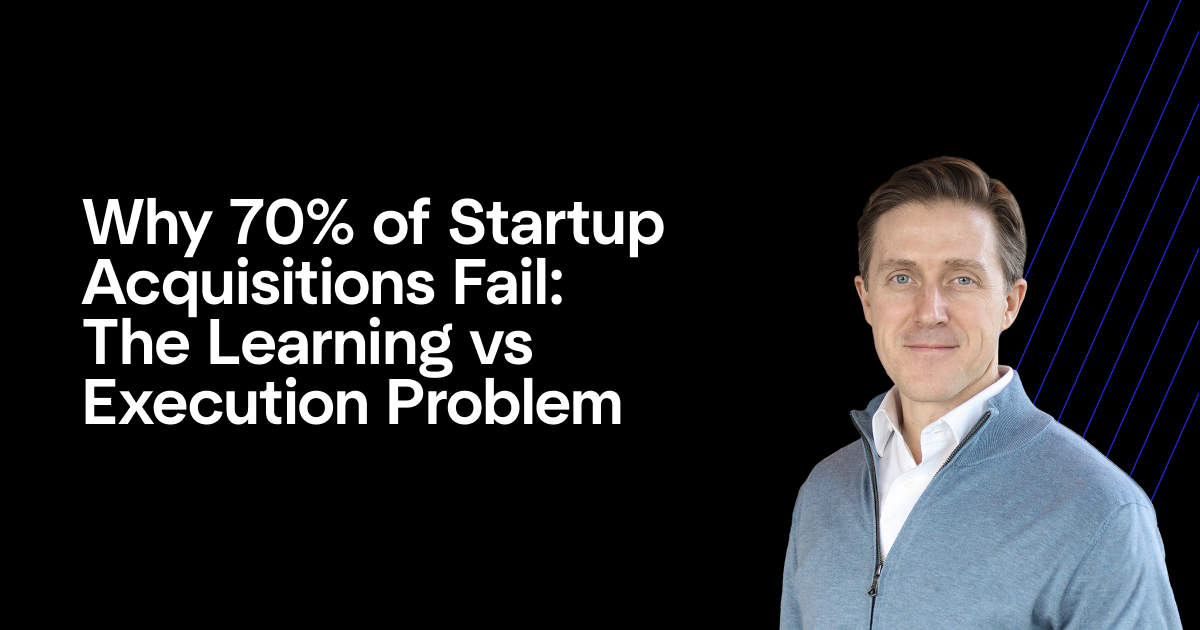


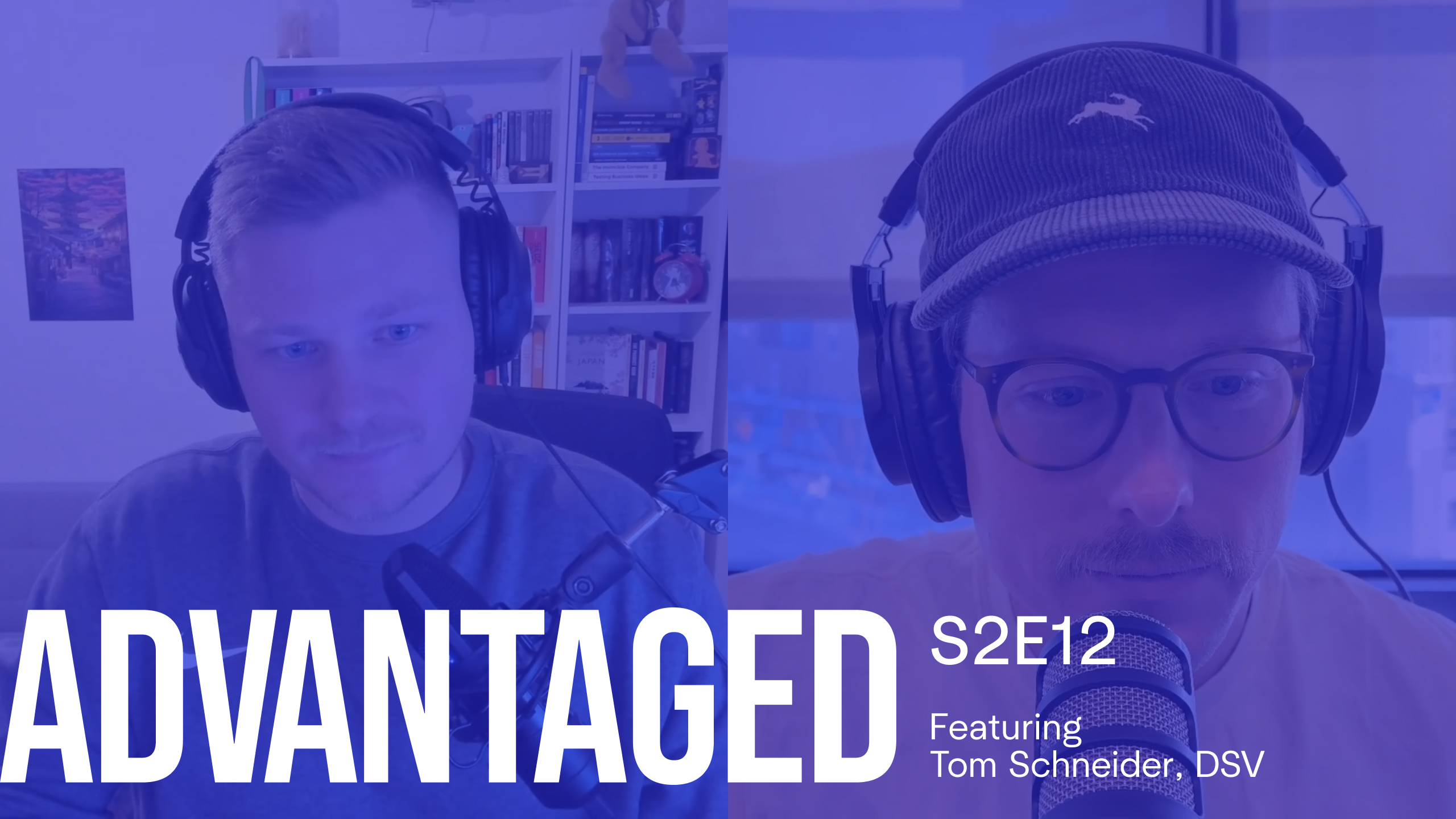
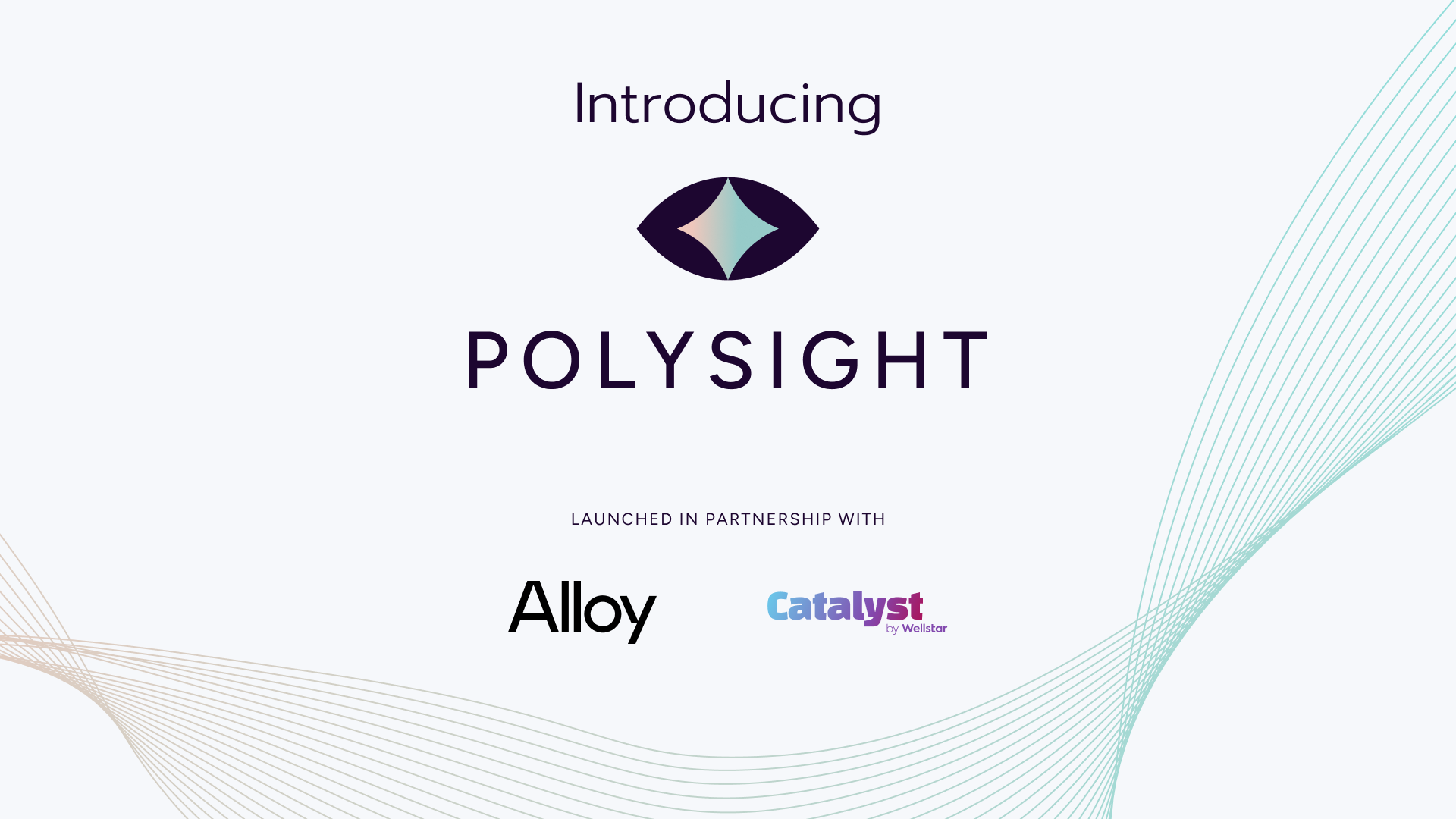



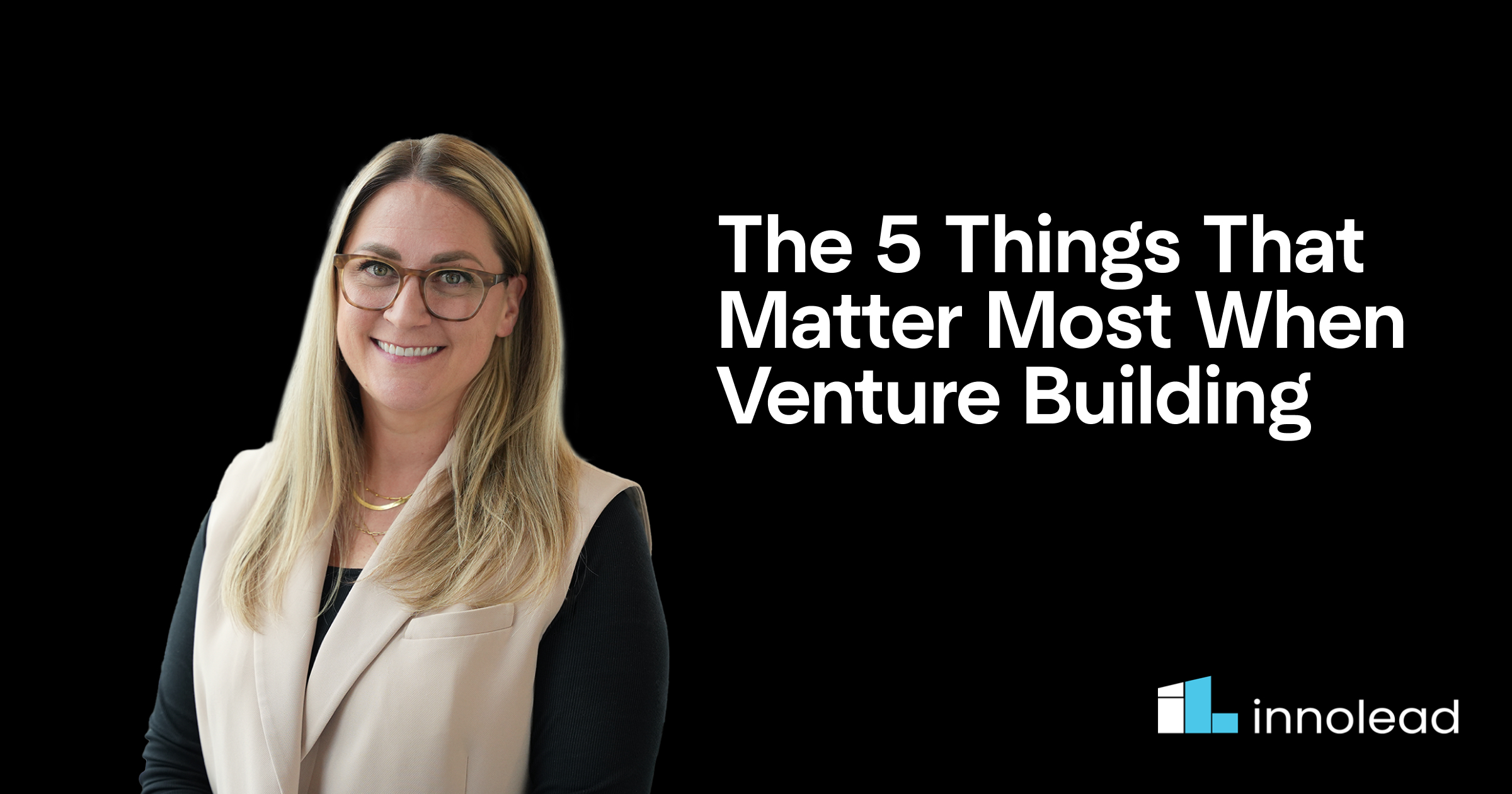
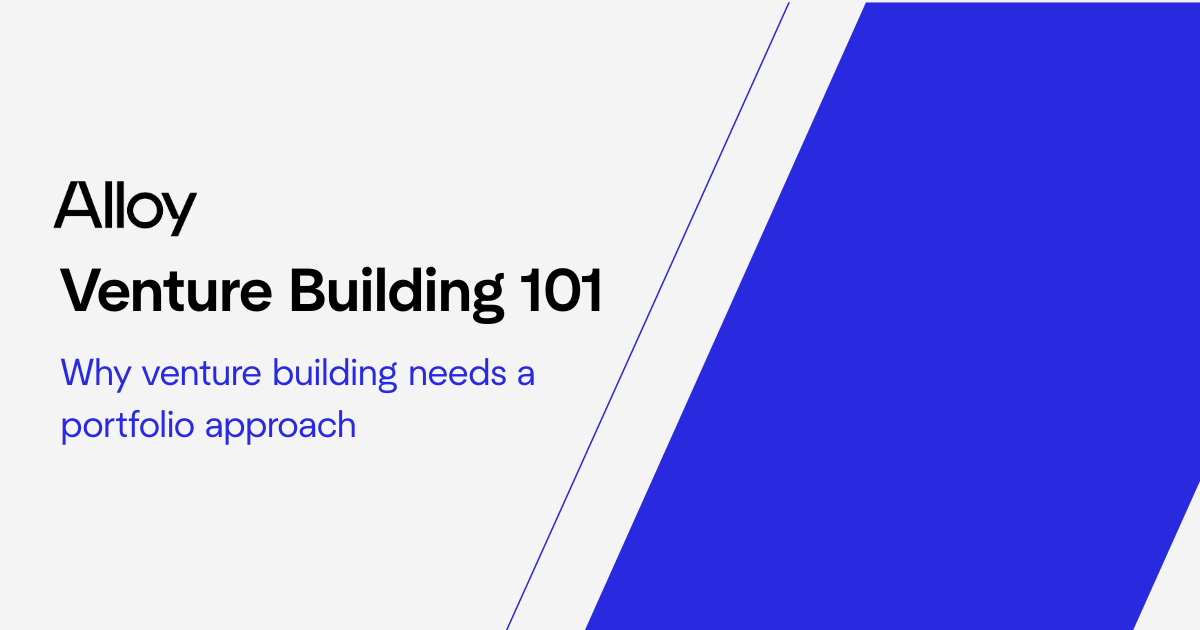
.png)

